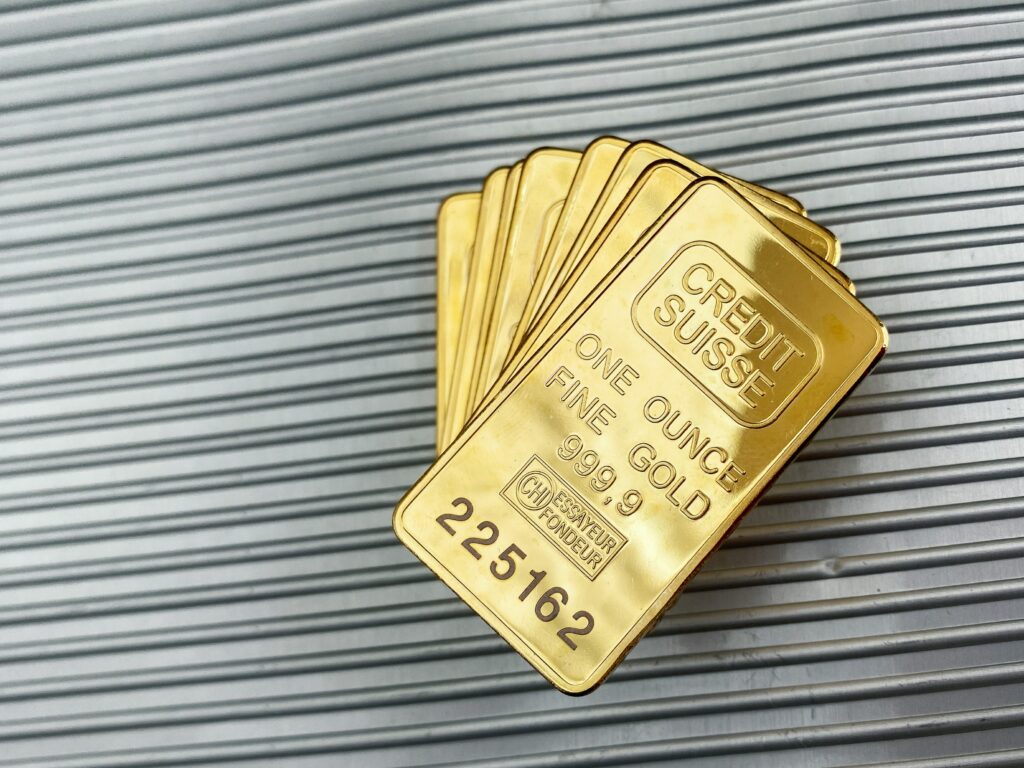الأثنين, فبراير 13th 2023

Unraveling which accounts have Russian ties — as many of them are held under lawyers’ names or other entities to protect their anonymity — has been an arduous task for Swiss banks.
Credit Suisse is holding about 17.6 billion CHF in Russian frozen assets – about 10 billion CHF more than the bank originally assumed, according to local newspaper زونتاغس تسايتونغ.
Since Russia invaded Ukraine a year ago, the Swiss federal government has mirrored nearly all the EU-imposed sanctions on Russia – from freezing assets and bank accounts to cutting off Russian businesses and exports. Local Swiss banks are required by law to report deposits of both sanctioned and non-sanctioned Russians who hold 100,000 CHF or more to the State Secretariat for Economic Affairs (SECO). SECO reported late last year that the sanctions have affected about 7,500 business relationships and a total of 46.1 billion CHF with connections to Russia. Additionally, Switzerland has seized 15 properties.
At UBS, which is twice the size of Credit Suisse, there are about 6.9 billion CHF in frozen Russian assets. The share of Russian funds amounts to 0.3% of invested assets in Global Wealth Management, according to a UBS spokeswoman.
Meanwhile, more than one-third of all frozen Russian assets in Switzerland is being held by Credit Suisse. The money belongs to both the Russian state, the Russian Central Bank and private entities. About 4 billion Swiss francs is held by private individuals who have been sanctioned by Switzerland for their links to the Russian invasion of Ukraine. The remaining 13.6 billion CHF or so belongs to individuals and legal entities who are subject to sanctions of other hostile states, according to French newspaper لو تيمب.

Moscow announced last summer that it no longer considers Switzerland to be a neutral state considering the sanctions it has adopted against Russia.
One such account holder is Viktor Vekselberg, a Ukrainian-born, Russian–Israeli oligarch and billionaire. Vekselberg is the owner and president of Renova Management AG, a Russian conglomerate. Three months before the war, Vekselberg was one of the richest men in Russia with $9.3 billion; his real time worth is now $5.3 billion, according to فوربس. Vekselberg’s superyacht, Tango, made headlines last year when it was seized by Spanish police and the FBI in Palma de Mallorca.
Vekselberg has been a bit of a controversial figure in Switzerland since 2007 when he began buying large stakes in local industrial firms such as Sulzer, Oerlikon, and Schmolz + Bickenbach. His buyout of Sulzer was a particularly “hostile takeover” as the Swiss company failed to resist a “double-pronged attack” from Russia’s Renova and Austrian company Victory. In 2010, Vekselberg was fined 40 million Swiss francs for purported stock market manipulation in his buyout of Oerlikon. Vekselberg had the fine overturned on appeal.
Around the same time, he bought a property in Zug where he has resided most of the year for the last decade or so. During this period, he ingrained himself more and more into Swiss society, appearing at WEF’s Davos conference a handful of times and shaking off the rumors about his supposed Moscow connections.
“We are confronted in Switzerland with comments that Renova is in the hands of the Kremlin. My meetings with the president have been understood as me receiving instructions,” Vekselberg told the Swiss Economic Forum in 2008. “This is just total nonsense. Our investments in Swiss products have nothing to do with the Russian government or Russian state capital.”

Sanctions against Russia have divided Switzerland. Some say they are not harsh enough on Russia, while others say sanctions should never have been approved under Swiss neutrality.
Swiss banker and former CEO of Deutsche Bank, Josef Ackermann, has been an outspoken critic of Switzerland’s sanctions against Russia since last spring. Ackermann told local media outlet بليك that if Switzerland confiscates the frozen assets, the move would jeopardize confidence in the entire Swiss banking system. It would be akin to “opening a Pandora’s box” with Switzerland losing its status as a global finance center, he said.
In he future, “citizens of other countries would also have to be afraid of investing money in Switzerland… Such a message would be devastating for the country as a financial center,” Ackermann said. He went on to chide his home country for allowing itself to be influenced by Brussels and Washington, D.C. Their interests are not Switzerland’s, he said.
It should be noted that Ackermann also served on the board of directors at Vekselberg’s Renova Management AG. The entire board was dismissed by shareholders last year after the U.S. put sanctions into place affecting the business.
يمكن مشاركة هذه المقالة وإعادة طباعتها مجاناً، شريطة أن تكون مرتبطة بشكل بارز بالمقالة الأصلية.
